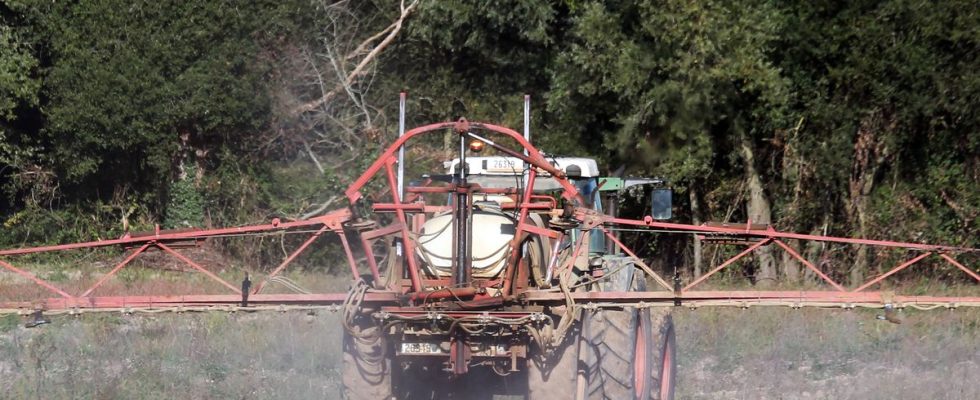France decided to abstain in the vote on Brussels’ proposal to renew the authorization of glyphosate in the European Union for ten years, so the EU member states were unable to reach an agreement.
“We have said, from the start, that the Commission’s proposal as it is formulated, ten years without conditions, did not correspond to the trajectory” decided by France for several years, which is to “restrict the uses there where there are alternatives to ensure that there is less glyphosate”, a controversial herbicide, explained French Minister of Agriculture Marc Fesneau.
France proposes to “restrict uses where there are alternatives to ensure that there is less glyphosate”, a controversial herbicide. However, it could be authorized where there are no technically or economically viable solutions, such as mountainous areas for example, he recalled.
New vote in November
A new vote should take place “in the first half of November”, announced the European Commission. The qualified majority required to validate or reject the text – i.e. 15 states out of 27, representing at least 65% of the European population – has not been reached. The proposal, which the European executive can modify at any time, will be submitted to “an appeal committee”, which will decide on the fate of the controversial herbicide, whose current authorization expires in mid-December.
Austria and Luxembourg had announced that they would vote against, the Netherlands and Belgium that they would abstain. Germany announced on Thursday that it would not support the reauthorization of glyphosate either. According to Marc Fesneau, Berlin finally decided to abstain.
If there is still not a sufficient majority to support the proposal by the expiration of the current authorization on December 15, the Commission will be able to decide alone to extend the green light for glyphosate because only a qualified majority of States opposed to the text can block it. “We will fight to ensure that everyone is safe [notre] line,” underlined Marc Fesneau.

